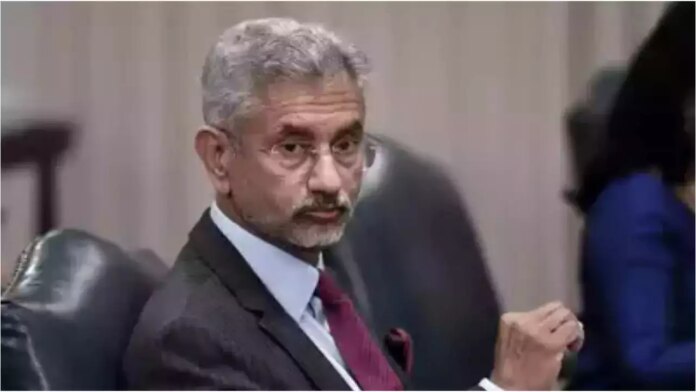“Foreign Interference: The Canada-India Tug of War”
In a world where global politics and power dynamics often collide, the recent accusations and counter-accusations between Canada and India have sparked a heated debate. Foreign minister S Jaishankar’s bold remarks about Canada’s failure to provide evidence of crimes while blaming India for interference have set the stage for a contentious diplomatic standoff.
The Allegations and Responses
Jaishankar’s statements come in the wake of Canadian police investigating possible Indian links in connection with the killing of pro-Khalistan separatist Hardeep Singh Nijjar. The alleged involvement of Indian nationals with a gang background has raised eyebrows and led to a war of words between the two nations.
On the other hand, the Canadian government report, “Public Inquiry into Foreign Interference in Federal Electoral Processes and Democratic Institutions,” accuses Indian officials and proxies of engaging in activities to influence Canadian communities and politicians. The report claims that India directed foreign interference activities during the 2019 and 2021 general elections in Canada, further fueling the diplomatic tension.
The Blame Game
Canada’s allowance of organized crime, particularly from Punjab, to operate within its borders has been a point of contention for Jaishankar. He emphasizes the lack of concrete evidence provided by Canada despite repeated requests from the Indian government. The accusations of vote bank politics and the alleged pro-Khalistani leanings of certain Canadian political parties have only added to the complexity of the situation.
Jaishankar’s dismissal of Pakistan prime minister Imran Khan’s accusations about India carrying out killings in Pakistan underscores the broader regional tensions at play. The nuanced web of relationships and power dynamics between India, Pakistan, and Canada highlights the intricate nature of global diplomacy.
The Need for Validation and Resolution
As the accusations continue to fly back and forth, it becomes increasingly clear that the need for transparency and evidence-based diplomacy is crucial. Both India and Canada must prioritize communication, cooperation, and respect for each other’s sovereignty to navigate through these challenging times.
The broader implications of foreign interference and geopolitical tensions cannot be ignored, and it is imperative for both nations to engage in meaningful dialogue to address the root causes of the current standoff. Only through open communication, mutual understanding, and genuine efforts towards conflict resolution can the Canada-India relationship emerge stronger and more resilient.
In conclusion, the Canada-India tug of war highlights the complexities and challenges of modern diplomacy in a rapidly changing world. As these two nations navigate through their differences and disagreements, it is essential for them to uphold the principles of diplomacy, dialogue, and mutual respect. The path to resolution may be long and arduous, but the benefits of sustainable peace and cooperation far outweigh the temporary discord. Let us hope that both India and Canada can rise above their differences and build a future based on trust, collaboration, and shared prosperity.”
Reference















